Epoxy is a great choice for waterproofing and sealing your basement. It’s not, however, 100% waterproof. There are many reasons why epoxy may leak or fail to keep water out of your basement – which we’ll discuss in this blog post! If you want to know more about how epoxy performs when it comes to keeping water out of your basement, read on below.
Is Epoxy Waterproof?
No one material is 100% waterproof under all conditions, so it’s important to consider where your product will be used and how it will be treated. Epoxy is water-resistant rather than waterproof meaning it can withstand a certain number of exposures to moisture without significant degradation but after repeated exposure to liquids, you may start seeing some negative effects like blistering or chipping paint.
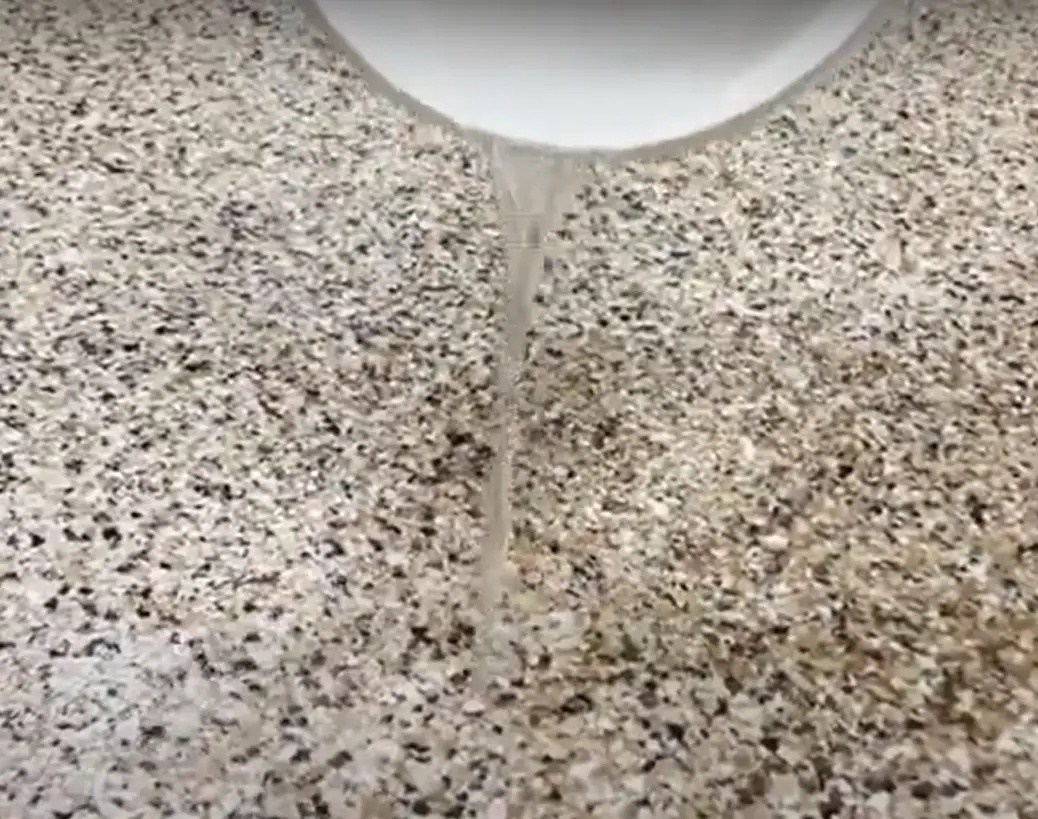
Epoxy is actually somewhat hygroscopic which means it can absorb moisture from the surrounding environment. In a humid climate, this amount of water can eventually reach dangerous levels for certain castings so if your project will be exposed to high humidity or direct contact with water, you should consider using another material like polyurethane resin instead.
As always, there are exceptions and other factors that may come into play but these considerations typically hold true when epoxy is being used as a casting agent rather than an adhesive. Even though epoxies have strong adhesion properties they aren’t designed to work in wet conditions where their mechanical strength would rapidly deteriorate under repeated exposure to liquids. If you’re looking for something more try one of the urethane resins that are specifically designed for use in wet conditions.
Always store your casting agent somewhere cool, dry, and out of direct sunlight whenever possible even after it has fully cured. We recommend waiting at least 24 hours before exposing finished castings to prolonged exposure to natural light but this will vary depending on how thick they are as well as their specific formulation. So be sure to conduct proper research about suggested cure times for each product you’re using especially if you’re using a custom epoxy formulation.
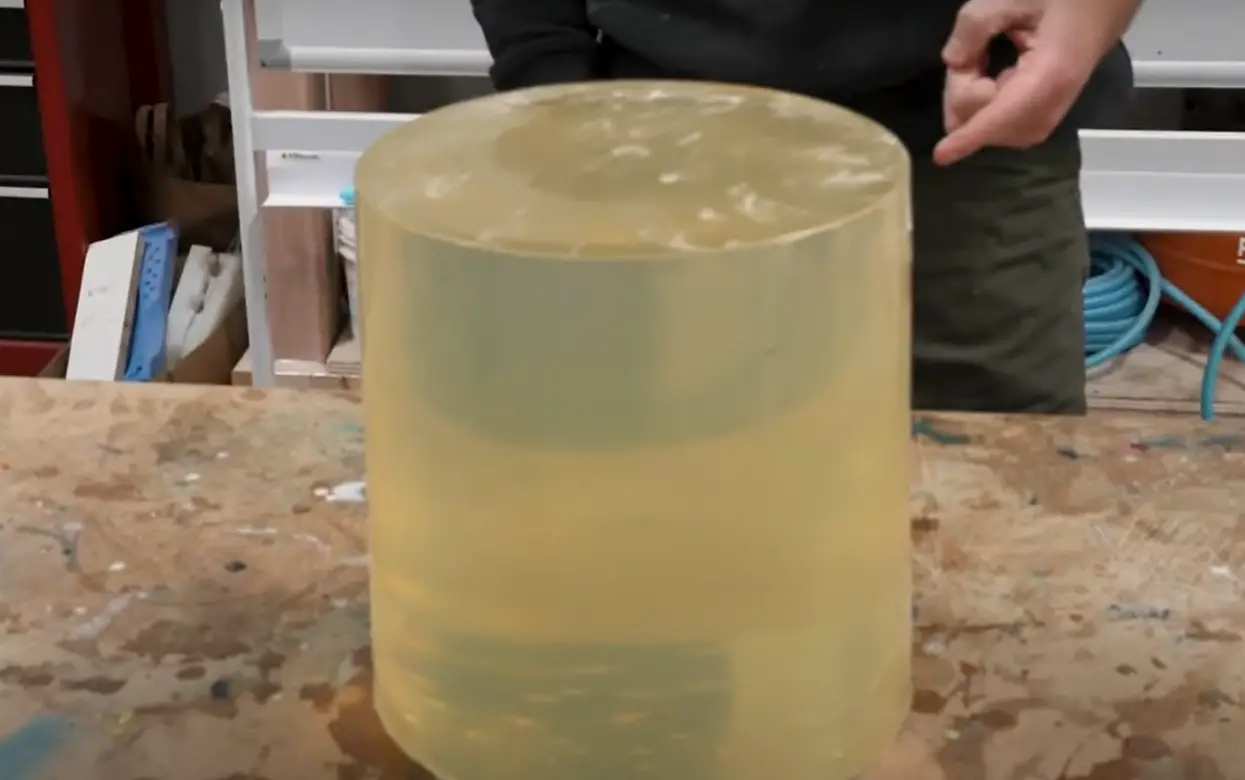
The waterproofness of epoxy depends on how thick it is so always follow the manufacturer’s instructions for best results. If you’re using a product that needs to be thinned, wait until after applying your base coat before adding thinner to prevent diluting its final properties and performance in wet conditions.
Thick formulations may take longer than 24 hours to fully cure depending on their formula but these can typically withstand direct exposure to water without significant degradation as long as they aren’t submerged completely or repeatedly soaked with liquids over time. Always follow recommended cure times and allow epoxy at least 36-48 hours of curing time before exposing finished castings directly to moisture or humid environments even if new layers can be added within 12 hours according to the manufacturer’s specifications.
Types of Epoxy Resin
There are many types of epoxy resin, all with different characteristics.
Epoxy is a two-part system made up of an “A” side and a “B” side that are mixed together to produce the final product. The A-sides usually contain amine or alkene groups while the B sides typically have active hydrogen atoms attached to them. Not all epoxies are waterproof and it can be difficult to tell if a product is completely impervious without testing it yourself under the intended conditions of exposure.
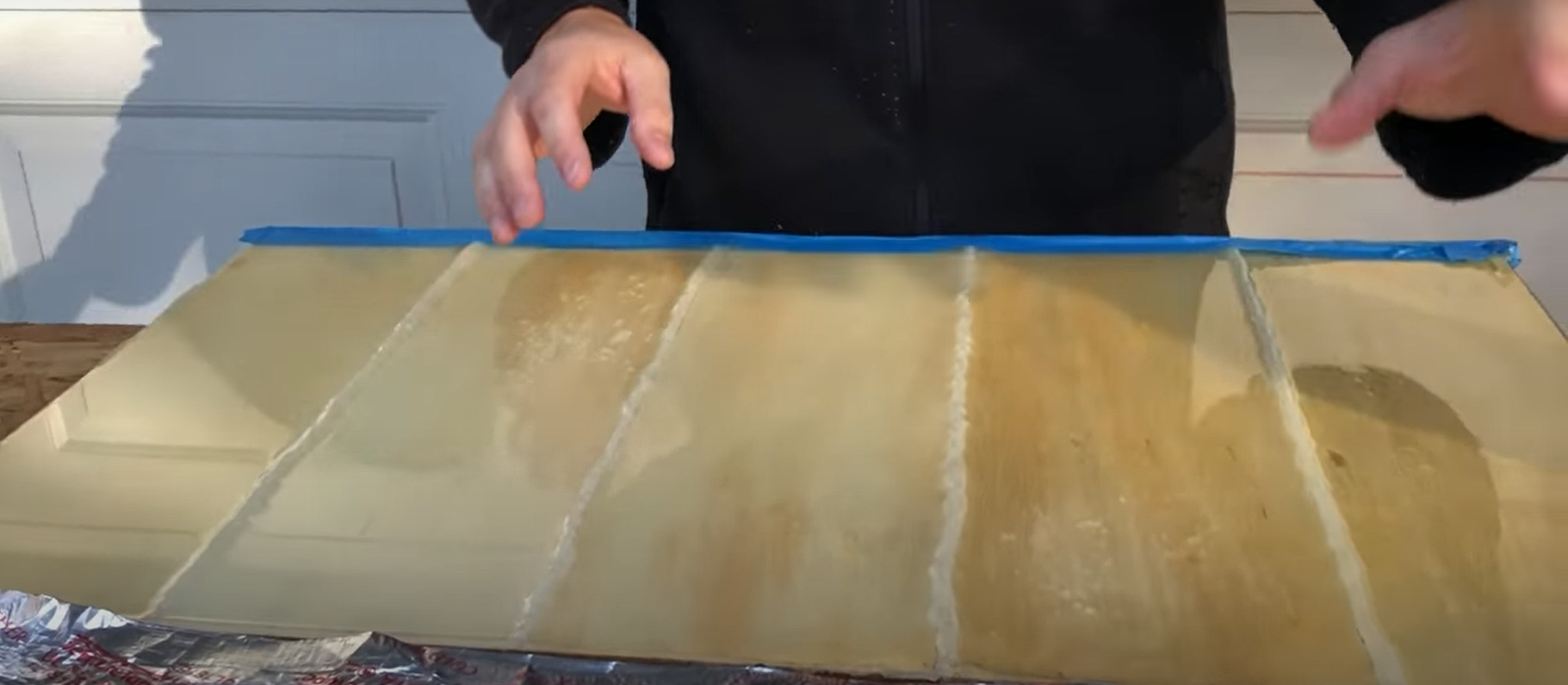
Epoxy as an Adhesive
Epoxy is commonly used as an adhesive, either by itself or mixed with other materials. For instance, epoxies are often used to bond marine wood together for boat building and repair. Epoxy can also be useful in creating a waterproof seal between two surfaces; however, it does not adhere well to metals like steel or aluminum so special precautions should be taken when using it on those types of substrates.
Epoxy as a Coatings
An additional use for epoxy resins is coating products, such as textiles and plastics (including glass), which may need added protection from the elements or certain chemicals that would otherwise degrade them over time. To protect metal coatings against corrosion caused by saltwater exposure they are usually first primed with an oil-based primer and then coated with a top coat of epoxy.
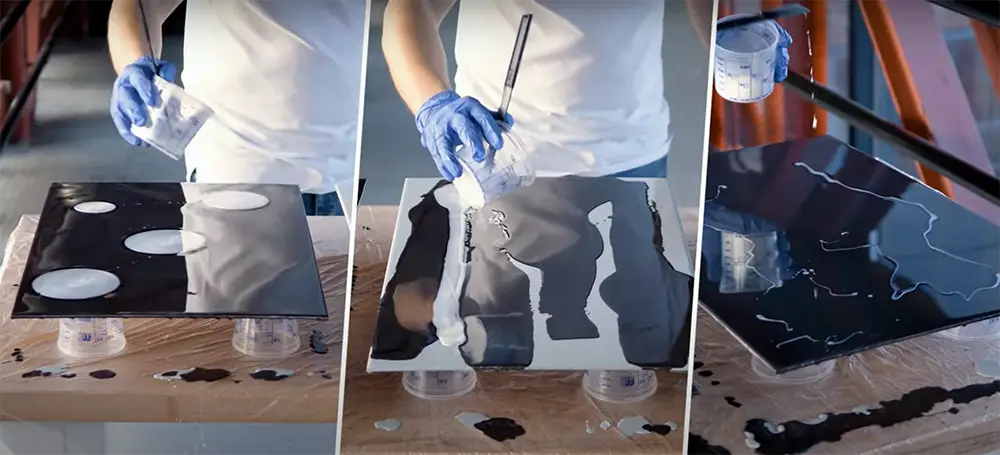
Epoxy as a Sealant
Epoxy resins can also be used as a sealant to form an impenetrable barrier that keeps water, oil, and other liquids from passing through. Many boat owners use epoxy resin or polyurethane varnish as a sealer for their hulls because it is flexible enough to allow the craft some movement without cracking but strong enough not to be penetrated by water. As with coating applications, a primer must first be applied before applying the top coat of epoxy if sealing metal surfaces such as those found on pipelines or storage tanks exposed to seawater or corrosive environments in general.
The Benefits of Using Waterproof Epoxy Resin
There are some benefits to using waterproof epoxy resin, and here are some of them:
- Epoxy is extremely durable. It can be used for a variety of applications in both indoor and outdoor areas because it will not break down under the sun’s UV rays or freeze in freezing conditions. This makes it perfect to use on your boat, jet ski, dock, or any other area that could get wet such as steps leading into your pool or hot tub.
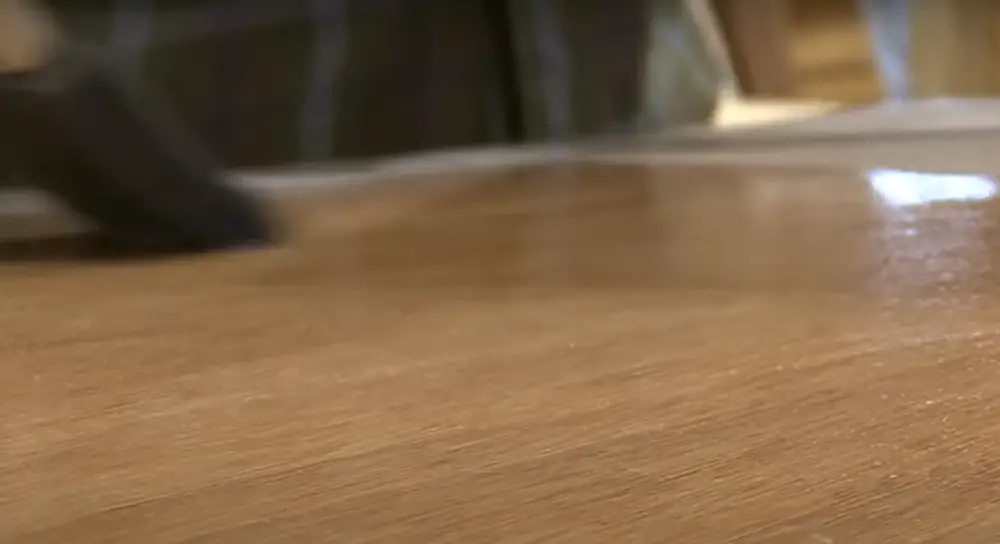
- You do not need to worry about replacing these items when they start looking old and faded anymore once you’ve applied this type of paint coating over them because it will protect them from water damage which means they’ll last much longer (over time).
- Because this kind of resin does not depend on anything else like water, sand, or stone to make it stick, you can apply it to all surfaces like roofs (even on flat ones), rocks, and piers. You don’t need anything else except the epoxy itself which makes this paint coating very convenient for both indoor and outdoor applications because there is no cleanup needed once you’re done.
- Epoxy paints are also extremely durable against chemicals since they won’t dissolve in them like most paints do, making them perfect for use around pools whether indoors or outdoors with its resistance to UV light exposure as well as freezing temperatures.
- This type of paint coating is very easy to apply which means you can do it yourself if you have the right tools and follow all the instructions in order to get good results.
- Epoxy can be used on a variety of surfaces like wood, concrete, and even glass because it’s strong enough not to break down when exposed directly to sunlight or freezing conditions.
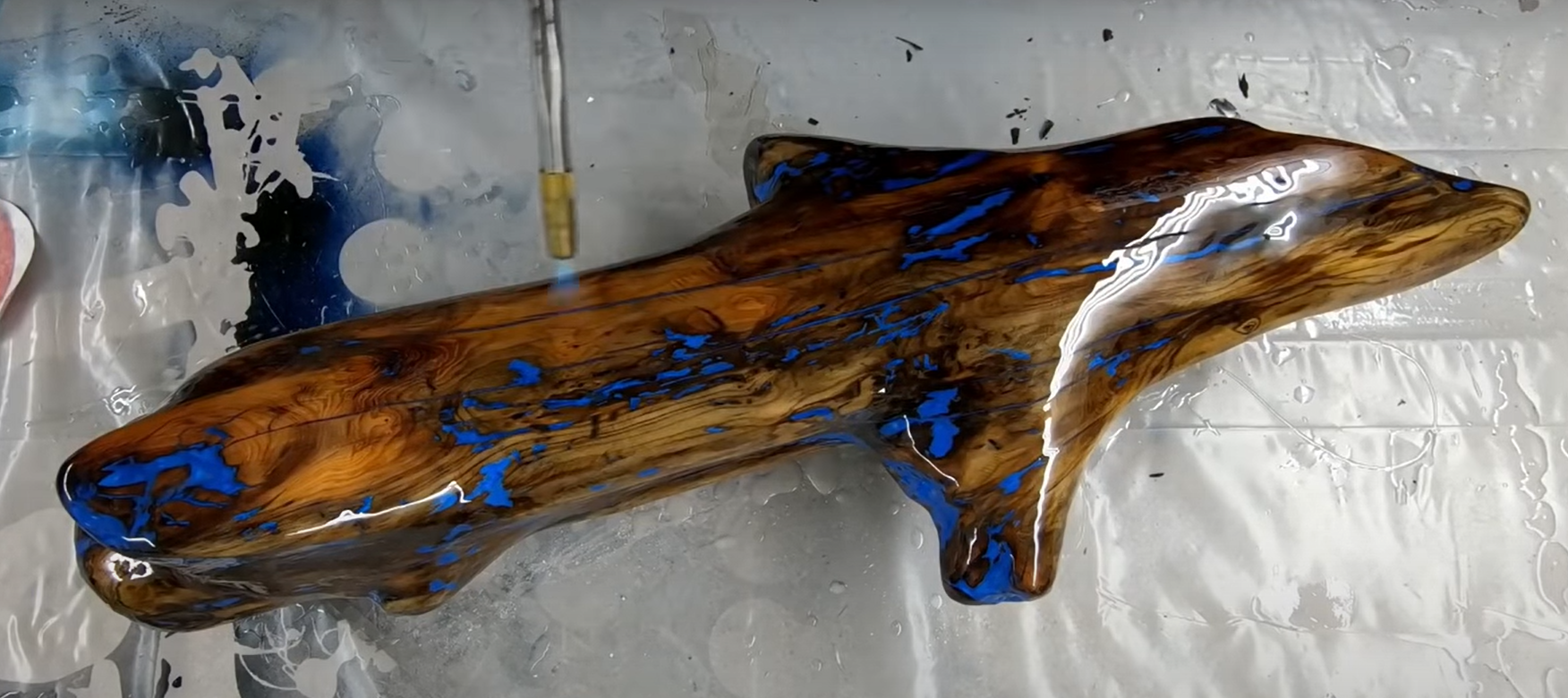
What to Look for in Your Waterproof Epoxy
There are a few things to consider when shopping for a waterproof epoxy. The first is to find an epoxy that can be used both above and below the waterline. For many boats, this means choosing only one type of epoxy because it would require two different kinds—one clear, one marine-grade white—if you wanted to use your boat in fresh and saltwater conditions.
Don’t forget about sanding and the necessary prep work. To ensure a strong bond, you’ll want to sand down any residual paint or varnish and wipe away all oil residue with acetone before applying your epoxy; failure to do so will compromise its strength.
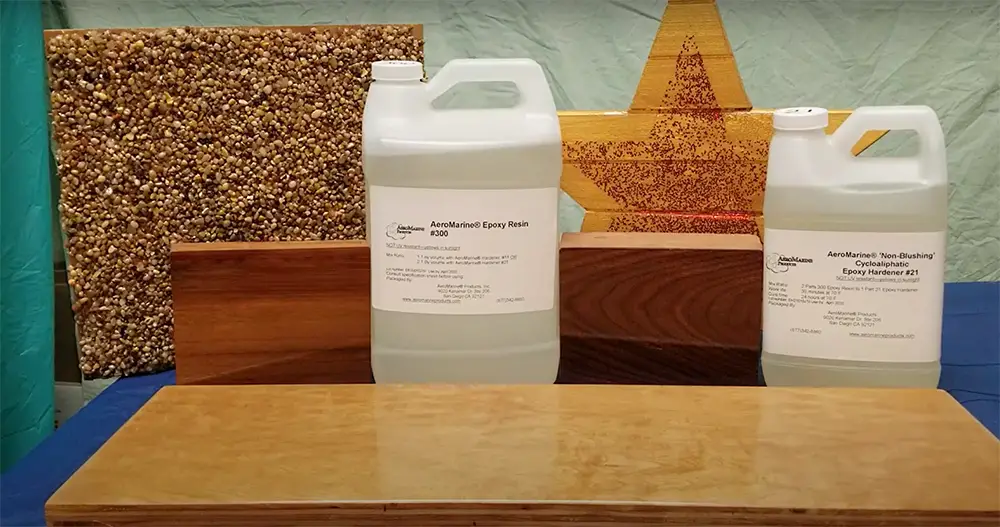
Of course, if you’re working on an above-water surface such as decking where water resistance isn’t critical but durability is paramount (for example, in avoiding dents), then there are plenty of products that can stand up to scrapes or knocks while providing even more protection from UV rays than traditional marine epoxies.
Tips
- Always put safety first when working with resins and epoxies by wearing protective gloves, goggles, a respirator mask, or a filter cartridge if your project entails using an aerosol resin. These products can be hazardous to your health so stay safe out there!
- Epoxy resins are not waterproof, but they can be made to hold up against moisture. Be sure to choose a specific type of epoxy for your project and follow the instructions closely.
- If you want an outdoor tabletop that was constructed with indoor grade materials, then you will need a topcoat sealer or a clear finish on it as well as having poured over concrete underneath – this should keep the table from deteriorating too fast.
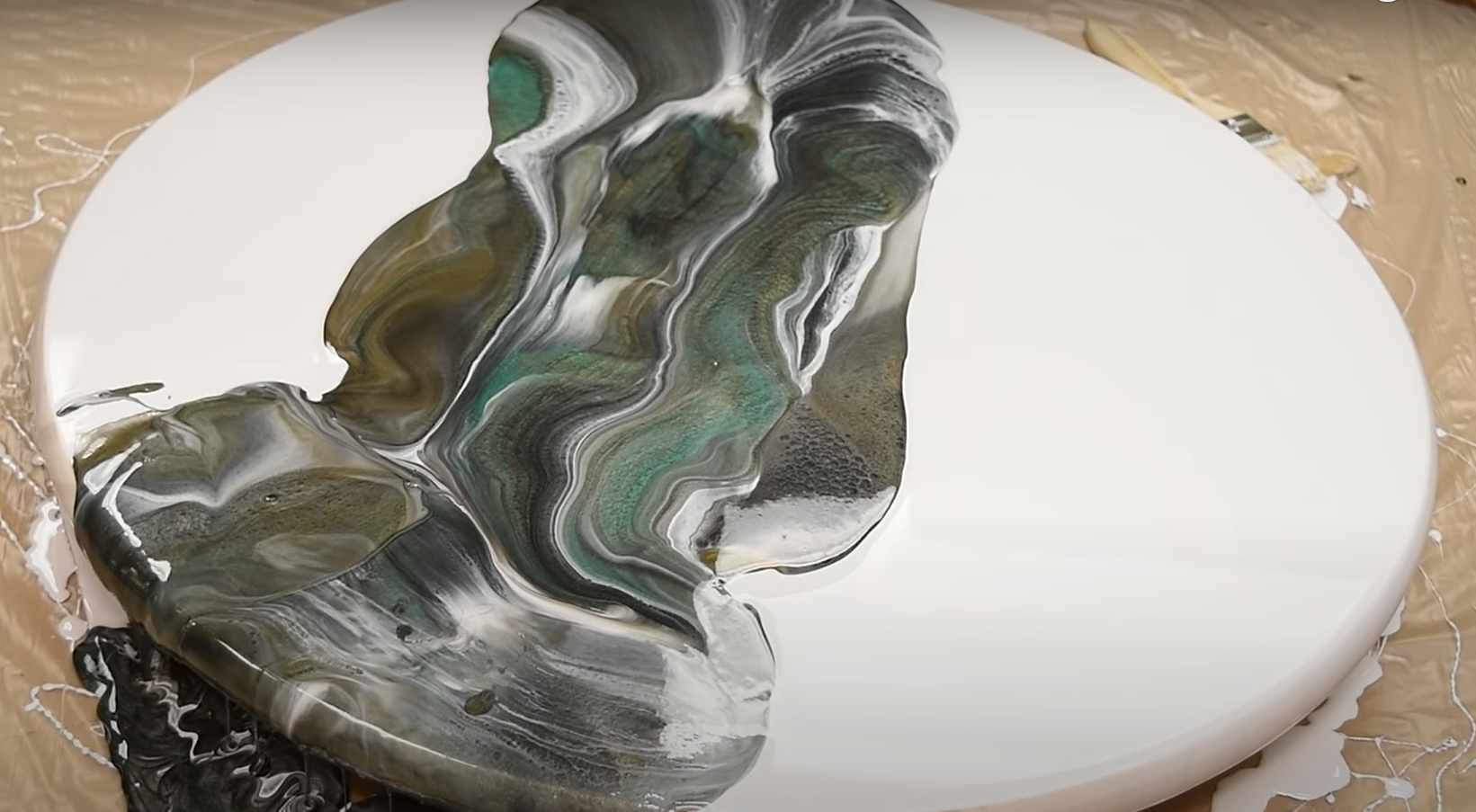
- As always consult professionals before starting any major projects.
- You can purchase a well-made epoxy resin table from a reputable manufacturer if you don’t want to make your own.
- At the end of your project, be sure to clean up any gooey epoxy with a disposable rag and mineral spirits.
- Epoxies are incredibly hard materials that can withstand extreme conditions if used correctly!
FAQ
Is Epoxy flexible?
Epoxy can be somewhat flexible depending on how it’s formulated and applied but most formulas do not offer flexibility at all.
Is epoxy weather resistant?
Epoxy is weather-resistant, but it’s important to note that this does not mean the product will last forever.
Can you put epoxy outside?
Yes, epoxy can be used outside. However, you should expect the color to change over time if exposed to UV rays from the sun.
Useful Video: Is Epoxy Resin Waterproof?
Final Thoughts
Epoxy is a great choice for most people who want to keep their driveway or other concrete surfaces looking new. It is not the best option if you live in an area that gets very hot and stays there, as it can melt and bubble up over time due to heat exposure. Epoxy also needs more maintenance than some of its competitors (e.g., paint or rubberized asphalt), but it does offer the most protection for your money.
Epoxy offers the most protection out of all options though with one major drawback: it typically doesn’t last as long as other sealers like paint or rubberized asphalt which require less maintenance overall too because they will not need reapplication nearly as often after initial application though both still need routine cleaning throughout the year regardless of what they are made of.
Waterproofness depends on the epoxy mixture used. If not waterproof, it will fail over time due to exposure to water.
We hope that after reading this blog post, you now know if epoxy is the best option for your needs as well as some of its pros and cons.

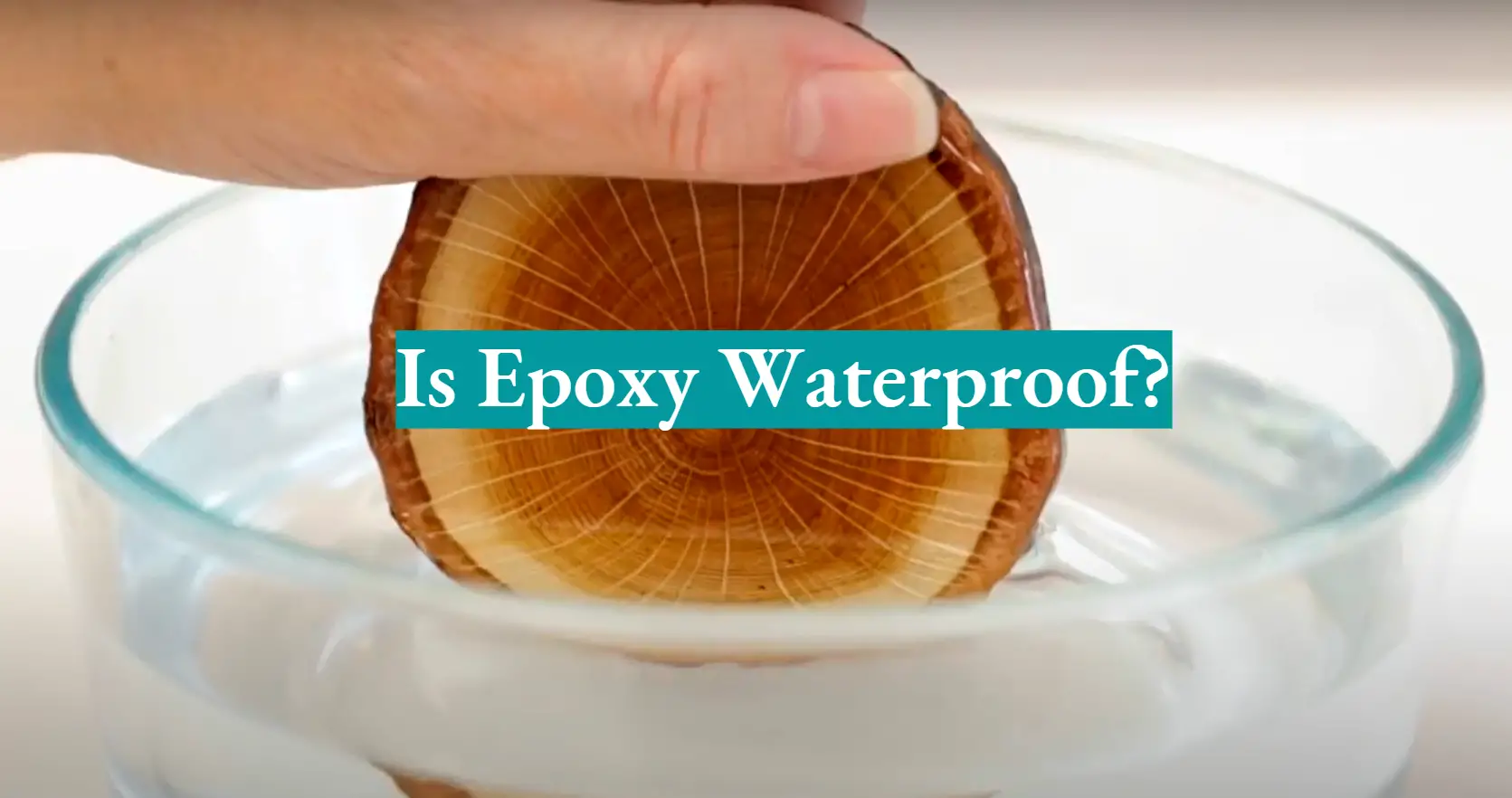
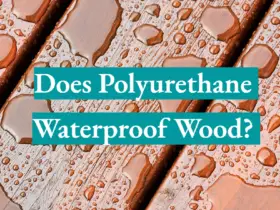
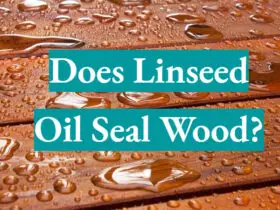
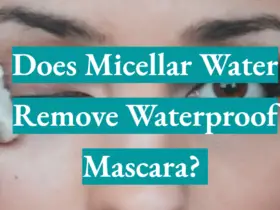
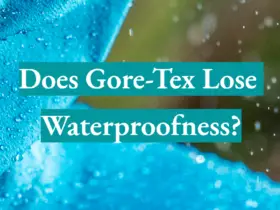
Leave a Reply